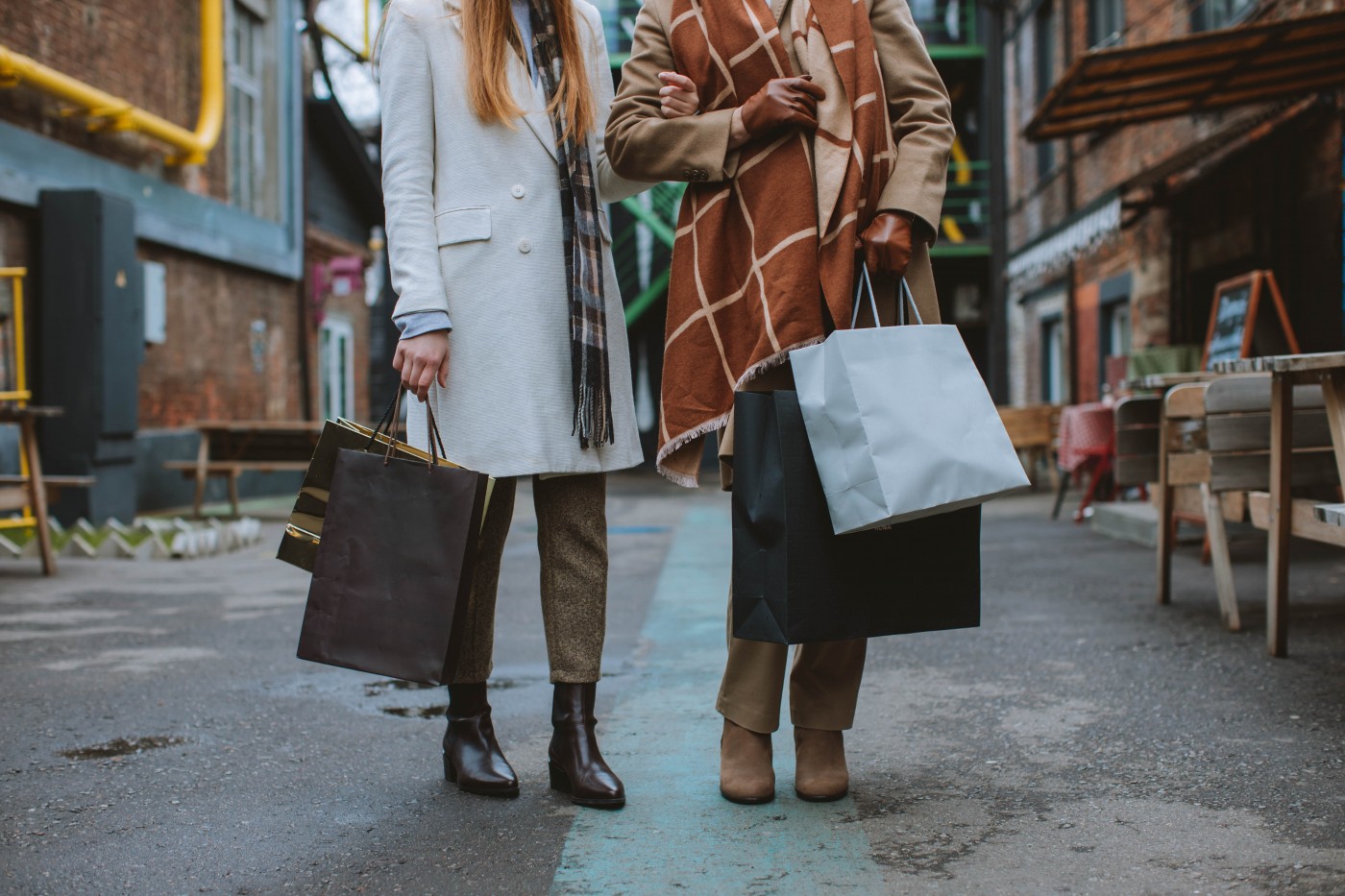The Black Friday shopping craze has well and truly begun. We understand the pressures brought on by the festive season, but we also appreciate all of the amazing organisations that are working tirelessly and responsibly to provide options for shopping more sustainably.
Become an expert in sustainable shopping with M-CO’s Richie Jermyn who is dedicated to reducing his carbon footprint. Learn how to shop more sustainably and support good causes with his valuable recommendations.
So Richie, what does shopping sustainably mean to you and why is it important?
Richie:
Well, I’d have to flip that question and say that shopping for more clothes, especially new ones that we don’t need, is not sustainable.
Clothing waste and the negative impacts of the global fashion industry are serious issues with widespread impacts that we can take action on individually and hold brands accountable for.
To me, sustainable fashion means considering the impact of our fashion choices on people, animals and the environment, buying ethically and buying less.
Before we buy more clothes, we need to think about alternative options, using what we have, borrowing, thrifting or repairing the clothes we already own.
Buying second-hand can give clothes a new life and does not fuel new production which in turn mitigates harmful pollution.
The clothes we buy impact everything around us – the environment and particularly the unseen people who are connected to our clothes through farming, manufacturing, packaging, transport, etc.
Production is often outsourced to countries with poor labour rights, low wages and little environmental regulation. This is something we need to consider as well as the impact clothing production has on our climate. Each purchase we make is effectively a vote towards the practices of a brand.
Richie recommends one of his favourite sustainable influencers, Venetia La Manna’s podcast on Sustainable Fashion.
He also suggests using the brand directory Good On You, to check the labour, environmental, and animal ratings for over 3,000 fashion brands. Other alternatives to fast fashion include more sustainable shopping sources like Thriftify and your local charity and thrift shops.
But remember, the most sustainable clothes are the ones that you already own!

